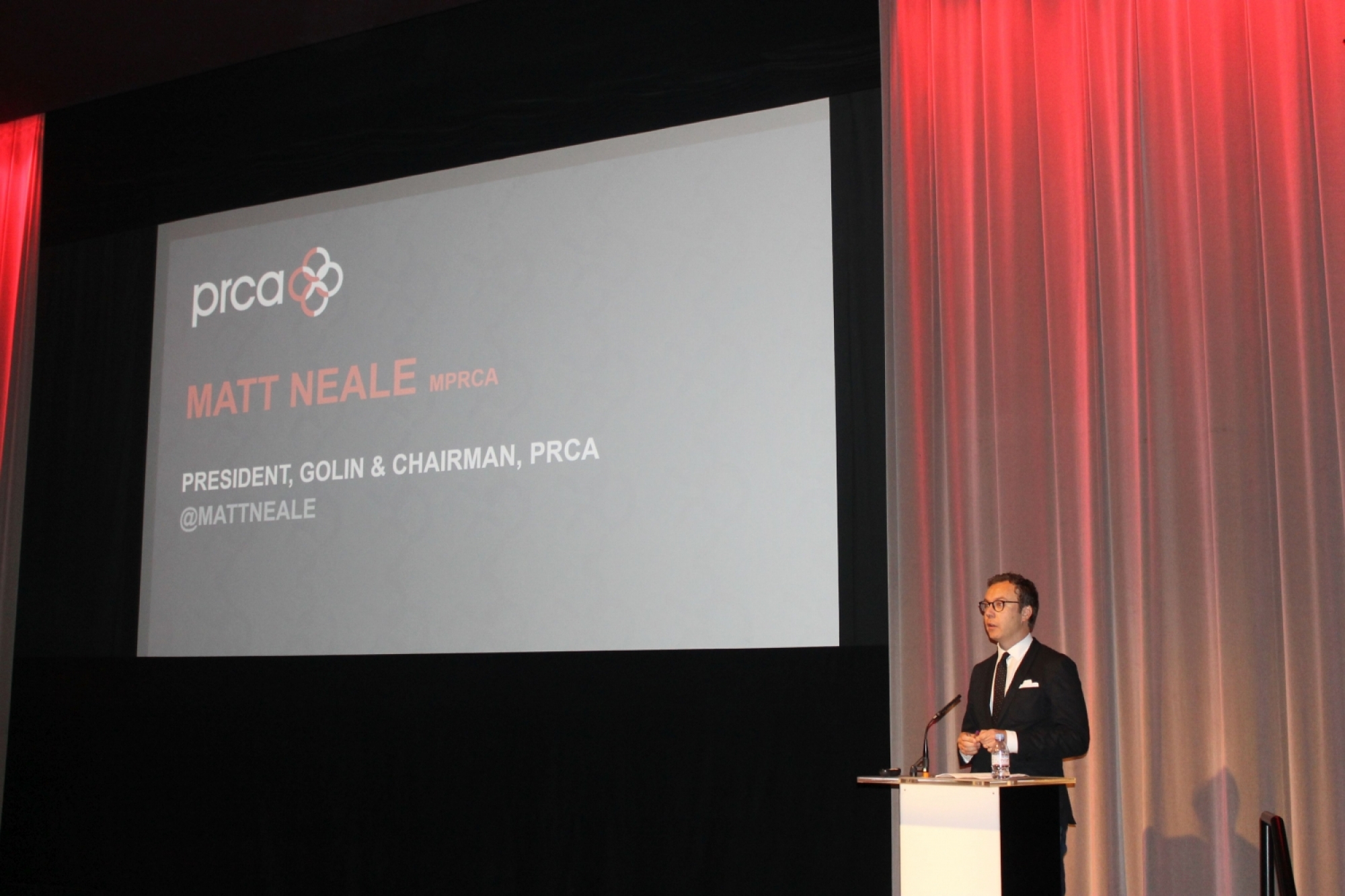At last week’s PRCA National Conference, reputation and trust were the watchwords for many of the day’s presentations. However for me, the golden thread was the reminder that when we communicate – regardless of the platform – we do so with human beings.
In a world of instant digital communication, corporations must have a face. The discussion on the ‘economics of reputation’ underlined the tangible shareholder value that can be created by a credible and communicative CEO who truly embodies the values of their brand. One panellist even suggested that the CEO represents 50% of a corporation’s reputation.
And when the going gets tough – as BBC Business Editor Kamal Ahmed vividly illustrated – it’s vital to see beyond legal counsel and show your humanity; by apologising and expressing sincere remorse or regret to the people affected. Volkswagen, Alton Towers, Thomas Cook, BP show us that – as with human beings – a crisis reveals our true colours, good and bad. “Get out there and say something genuine,” was Ahmed’s unequivocal message to business.
A case study from Jackie Brock-Doyle of the integrated communications campaign for the London 2012 Olympics reminded us how the most meticulous strategy and messaging ultimately relied on the people who were the human face of the Games – the volunteer Games Makers – to embody the spirit of the event for visitors. Brand values and corporate messages are only as strong as the people on the front line, whether in the call centre, at a customer service desk, in stores or driving the delivery fleet. I can think of many brands that would do well to be reminded of this.
Authenticity is quite the buzzword in communications circles. If we’re talking human for a minute, for ‘authenticity’ read honesty. We want to deal with people – and companies – we can believe in. Trust is vital but, to quote Brock-Doyle, ‘trust is quicksand’. And as Kamal Ahmed highlighted, if there is any disconnect between a company’s claims and the reality, consumers are unforgiving – particularly when there is a human or environmental dimension to the deception.
We want corporations to communicate with us openly, without barriers, and on our terms. Forget the constructs, controls and tortuous approval cycles of the archetypal corporate affairs office. Brands today need to be accessible, communicative, generous with information, responsive and fast to act, in good times and bad.
That said, as Jeremy Corbyn has discovered to his cost in recent weeks, absolute ‘authenticity’ has its price if an organisation or individual remains so doggedly attached to their principles that they ignore the sensibilities of the humans they seek to engage. So while we may admire Corbyn’s unwillingness to compromise his deepest Republican or pacifist principles, the communications crisis which engulfed him in his first days as party leader was the consequence of his naïve failure to acknowledge that those personal choices would evoke very human emotions among the public with whom he urgently needs to build a relationship.
Reflecting on some of the stand-out PR campaigns of his journalistic career, Brand Republic editor-in-chief Danny Rogers picked the Dove Campaign for Real Beauty as his all-time favourite. Why? Perhaps because the brand fully understood the poor self-image which holds so many women back from being their best selves. By placing this human frailty at the heart of their storytelling, they adopted a position of honesty and integrity entirely in contrast to the airbrushed perfection so characteristic of other beauty brands’ marketing.
In any discussion about communications today, the topics of insight and measurement are rightly unavoidable. But it took a planner from the advertising world to show us, with some outstanding creatives for John Lewis, Marmite and Fosters, how humanity is the very heart of good communication.
With the words “Great insights live out in the world”, Toby Harrison urged corporates and their communicators to get out of our offices, step away from the ‘online listening’, the ‘metrics’, the ‘desk research’, and get out and talk to the humans who actually buy the products or services were are seeking to promote.
Real conversations, with real people, in real time, will yield the valuable intelligence that all the number crunching in the world will never quite give you.
